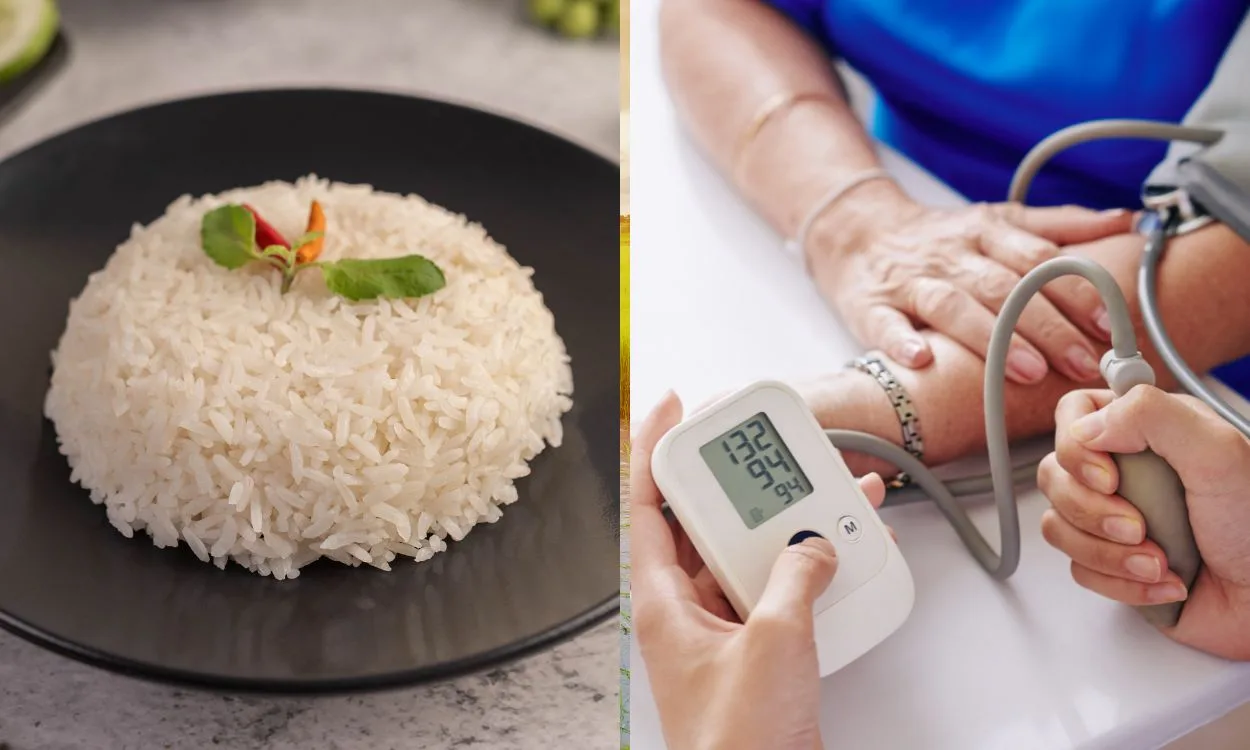Rice and Blood Pressure: Can It Help Lower Hypertension?
Hypertension, commonly known as high blood pressure, is a major health concern in India. According to recent studies, more than one-third of the Indian population suffers from hypertension. High blood pressure can lead to several health complications, including heart disease, stroke, and kidney failure. While medication is often prescribed to manage hypertension, lifestyle changes, including dietary modifications, can also play a significant role in controlling blood pressure.
One food that has been the subject of much debate when it comes to hypertension is rice. Rice is a staple food in India and is consumed in large quantities. Many people believe that rice can increase blood pressure levels due to its high carbohydrate content. However, recent studies have shown that rice can actually help lower blood pressure levels.
Rice is a complex carbohydrate that is rich in fiber, vitamins, and minerals. The fiber in rice helps to slow down the absorption of glucose in the bloodstream, which can help regulate blood sugar levels. Additionally, the minerals in rice, including potassium and magnesium, have been shown to have a positive effect on blood pressure levels.
Potassium is a mineral that helps to regulate blood pressure by counteracting the effects of sodium. Sodium is a mineral that is found in salt and is known to increase blood pressure levels. Magnesium is another mineral that has been shown to have a positive effect on blood pressure levels. Magnesium helps to relax the blood vessels, which can help to lower blood pressure levels.
While rice can be beneficial for people with hypertension, it is important to choose the right type of rice. Brown rice is a better option than white rice as it is less processed and contains more fiber, vitamins, and minerals. Additionally, it has a lower glycemic index, which means that it is absorbed more slowly into the bloodstream, helping to regulate blood sugar levels.
In conclusion, rice can be a beneficial food for people with hypertension. It is a complex carbohydrate that is rich in fiber, vitamins, and minerals, and can help to regulate blood sugar levels and lower blood pressure levels. However, it is important to choose the right type of rice, with brown rice being the better option. Incorporating rice into a healthy, balanced diet, along with regular exercise and other lifestyle modifications, can help to manage hypertension and improve overall health.
If you are looking for a comprehensive solution to manage your hypertension and achieve your health and fitness goals, Fitpaa can help. Our AI-driven metabolism monitoring and management technology, along with our team of expert fitness coaches, nutritionists, and doctors, can help you achieve your health and fitness goals with guaranteed results. Request a trial today and take the first step towards a healthier, happier you!









